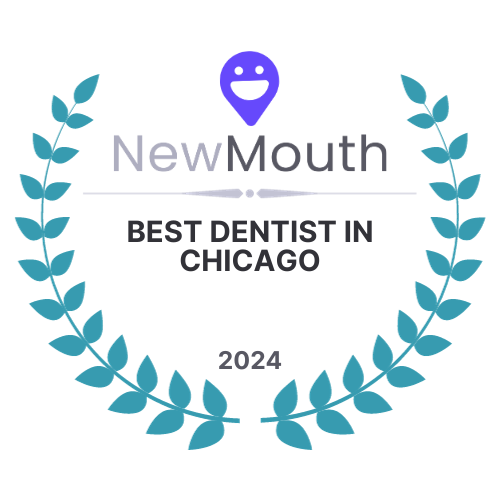The Wisdom Behind Wisdom Teeth
The Skinny on Sealants A Year in Pictures
We've all heard of them, these allegedly “wise” teeth. How they get to be so wise, on the other hand - their function, benefits and pitfalls - may not be so obvious. Let’s take a look at these guys more closely to see how they can help and hurt!
Also known as your third molars, wisdom teeth are the teeth furthest back in each quadrant of your mouth, which when functional can aid in mastication (chewing). Generally, wisdom teeth appear between the ages of 17 and 25 - this later development is said to have given rise to their name, since people were in theory wiser by the time they came on the scene.
Wisdom teeth are vestigial molars, meaning they no longer serve a critical function at this point in human evolution. The working belief is that our human ancestors had larger jaws with room for more teeth, and our third molars were there to help break down plant tissue. As we evolved and our diet changed, our jaws decreased in size, but the teeth kept showing up to the party!
Normally, all four will grow in, but it is possible for fewer - or in rarer cases extra - to develop. When properly aligned and fully erupted (broken through the gum tissue), wisdom teeth can be perfectly helpful chewing teeth. However, they rarely come in so simply. They can have a host of problems including:
- Misalignment - though they ought to, teeth don’t always come in straight as an arrow. Wisdom teeth might tilt into or away from the other molars, or may even grow in horizontally. This can put undue pressure on the surrounding teeth, affect your bite and make these teeth hard to keep clean.
- Partial Eruption - sometimes a wisdom tooth will try it’s hardest to break through the tissue and join its friends, but it just can’t quite make it. The result is a tooth half realized, poking out of the tissue and creating a dangerous opening in what should be a relatively closed system. This opening in the tissue is a playground for harmful bacteria, the culprit of many of the issues listed below!
- Impaction - sometimes they can’t make it to the light of the oral cavity at all. These wisdom teeth are referred to as impacted, buried underneath the gum tissue and bone. If these teeth don’t dramatically affect the jaw, nerves or nearby teeth, they might live there peacefully forever. Once they start interfering with adjacent structures, problems can arise.
To avoid problems down the line, many dentists and oral surgeons will advocate extracting wisdom teeth before complications develop, as early as possible. When these teeth first form, their roots are shorter, making extraction easier and decreasing the chance of any nerve involvement. Younger patients will also heal much faster and have a greater capacity to regrow bone/supporting tissues post-extraction. For these reasons, our office will often recommend extraction at the first sign of potential trouble to make the procedure as successful and easy for the patient as possible.
Problematic wisdom teeth that are left unchecked can cause the following issues:
- Damage to nearby teeth - a misaligned or impacted tooth can put constant pressure on an adjacent one, promoting chipping, cracking, misalignment and decay
- Pain from infection or pressure
- Extensive tooth decay - if you can’t reach it to clean it, it’s a harbor for harmful bacteria!
- Periodontal Disease
- Cysts or tumors that arise from significant bacterial infection
To make sure all your teeth are as healthy as they should be, keep to regular dental visits where your provider can combine your biyearly mouth exams with regular panoramic x-rays to keep an eye on those pesky wisdom teeth. They’ll be able to advise you on the best course of action for your vestigial chompers!
